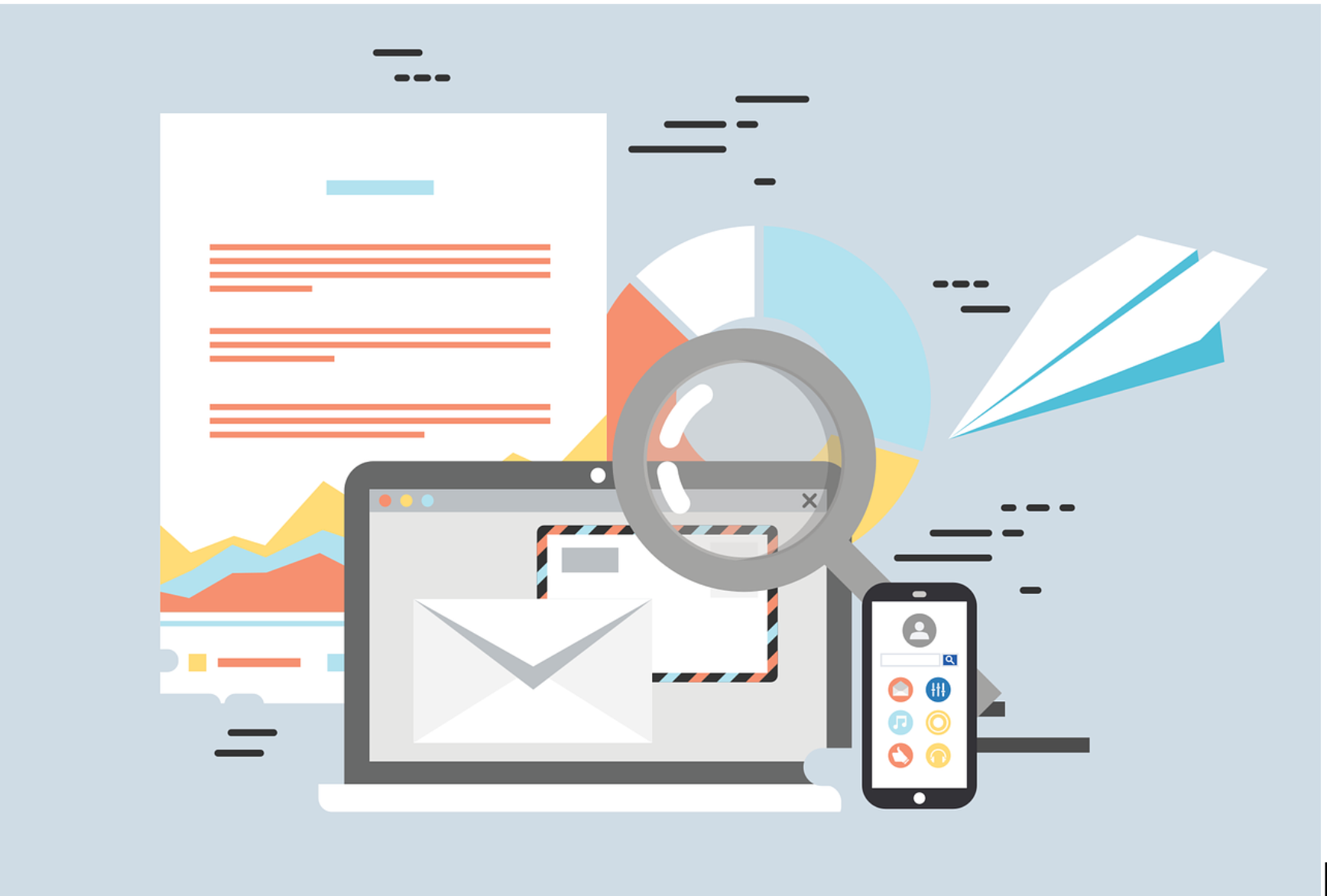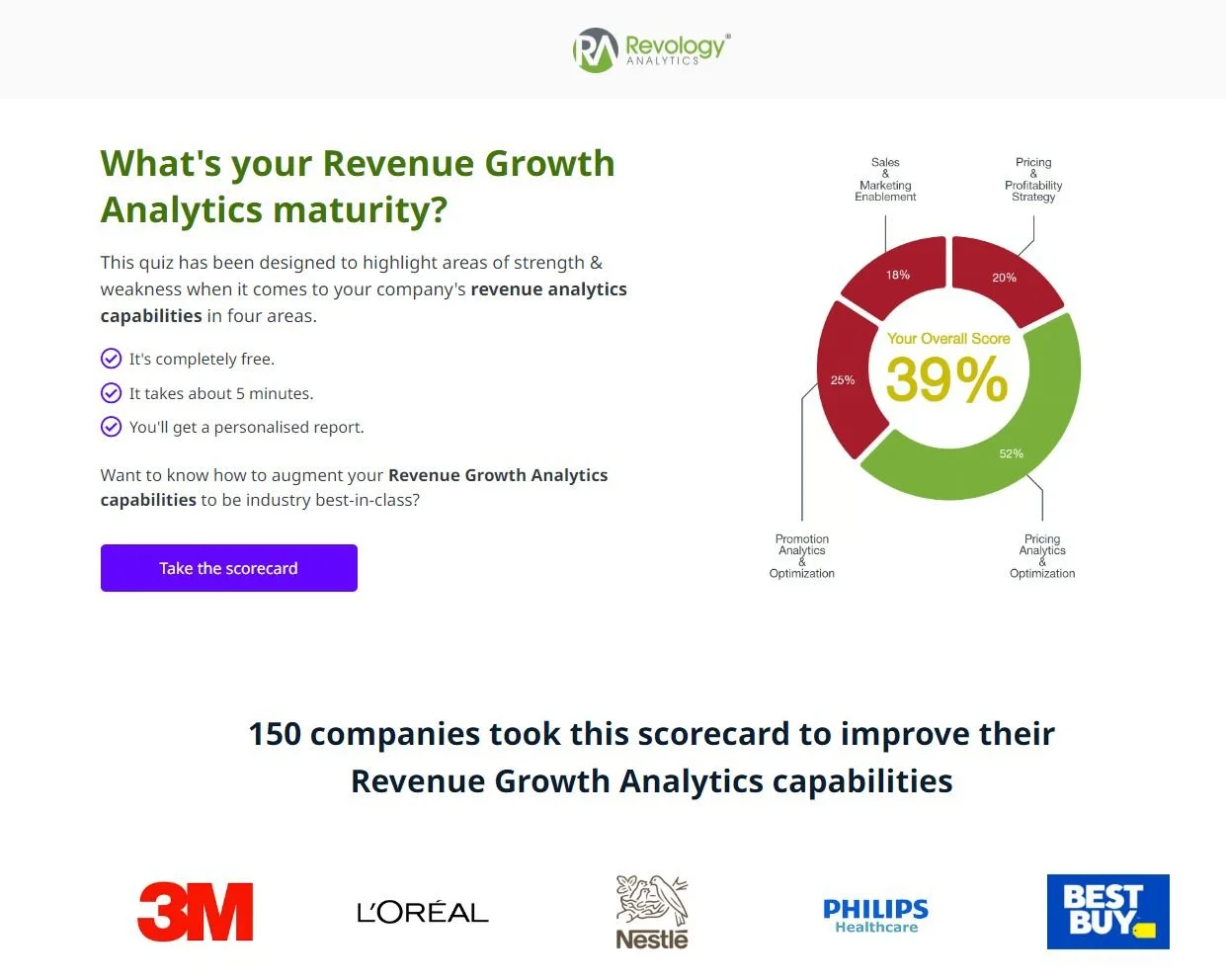Accelerating Commercial Team Success: Deploying AI Tools for Enhanced Performance
Artificial intelligence (AI) is completely changing the way commercial teams operate. It offers powerful tools to enable commercial team acceleration, smooth processes, and boost business performance and productivity.
The right choice of AI tools can help improve every aspect of the sales and marketing process, from lead generation and customer engagement to forecasting and performance tracking.
Leveraging AI Tools for Commercial Teams
The first step to making AI work for you is familiarizing yourself with the various tools available and knowing how to apply them to specific business functions.
Understanding the Various AI Tools Available for Sales and Marketing
AI tools for sales and marketing come in many forms, each designed to address particular needs. Here are a few practical use cases:
Sales AI Tools: These tools help in lead scoring, sales forecasting, and various customer relationship management (CRM) efforts. They analyze customer interactions and predict future behaviors to allow sales teams to focus on high-potential leads.
Marketing AI Tools: These tools provide aid in campaign optimization, customer segmentation, and customer journey analysis/optimization.. They use data to personalize marketing efforts so the right message reaches the right audience at the right time.
Predictive Analytics: This involves using historical data to predict future outcomes. It helps teams identify trends, forecast demand, and make informed decisions based on business intelligence.
AI Automation: AI applications automate repetitive tasks such as data entry and consolidation, scheduling, email outreach, and follow-ups, freeing up time for more strategic activities.
The key is to align tool selection with specific business goals and challenges. There's no one-size-fits-all approach.
Techniques for Selecting and Implementing the Right AI Tools for The Team
Choosing the right AI tools from the numerous options available can feel complicated. Here are some tips to make the process smoother:
Identify Pain Points: Businesses should start by pinpointing where the team struggles most. Is it lead generation? Customer retention or up-sell? This will guide the choice of tools.
Set Clear Goals: Know what the team wants to achieve with AI. Maybe it's increasing sales by 20%, cutting response times in half, or eliminating 100% of manual, administrative tasks.
Consider Integration: Look for tools that play well with existing systems. A smooth integration can save a lot of headaches down the road.
Start Small: It's okay to begin with one or two tools and gradually expand. This approach allows teams to learn and adapt.
Involve the Team: Get input from those who'll use the tools daily. Their buy-in is crucial for successful implementation.
The goal isn't to overhaul everything overnight. It's about finding the right tools to enhance the team's strengths.
An example of a powerful Sales AI tool, Clay.com. It’s a powerful platform that enhances sales & marketing efforts through AI-driven data enrichment, automation, and personalized outreach.
Enhancing Productivity With AI
One of AI's greatest advantages for commercial teams is its ability to automate time-consuming tasks. This frees talented salespeople and marketers to focus on higher-value, strategic work.
Using AI for Automating Routine Tasks and Improving Efficiency
AI shines when it comes to handling repetitive tasks. Here's how it can help:
Data Entry: AI automation can help automatically update customer information, saving hours of manual work.
Email Management: AI can sort, prioritize, and even draft responses to emails, saving hours each week.
Meeting Scheduling: No more back-and-forth emails. AI can find the perfect time for everyone to meet.
Report Generation: AI tools can pull data from various sources and create comprehensive reports in minutes.
Social Media Management: AI can also improve customer interactions. AI tools can help schedule posts and suggest the best times to post for maximum engagement.
Predictive analytics: AI productivity tools can relieve teams from manually combing through massive customer data piles to spot patterns and predict future outcomes.
Clay.com is an example of a powerful Sales AI tool. It’s a platform that enhances sales and marketing efforts through AI-driven data enrichment, automation, and personalized outreach.
Case Studies Showing the Benefits of AI in Enhancing Productivity and Performance
Numerous case studies show the tangible benefits of implementing AI. Here are two great examples:
JPMorgan Chase & Co. utilized AI to make financial document interpretation and analysis more efficient, significantly improving accuracy in banking processes.
Delta Airlines uses AI to inform decision-making at scale and lower customer impact during unforeseen events.
Optimizing Key Performance Metrics
AI can play a pivotal role in optimizing the key metrics commercial teams care about most. With the power of machine learning and advanced analytics, businesses can continuously fine-tune their sales and marketing engines.
Strategies to Improve Key Performance Metrics
Let's look at some concrete ways AI can move the needle on key metrics:
Sales Efficiency: Predictive lead scoring helps representatives focus their time on the accounts most likely to convert. Automated opportunity tracking in the CRM keeps deals moving smoothly through the pipeline.
Lead Conversion Rates: Personalized sales outreach powered by Generative AI insights captures prospects' attention. Real-time guidance for reps helps navigate complex deal cycles.
Customer Engagement: AI-driven chatbots provide instant, 24/7 service. Predictive analytics identify at-risk customers for proactive outreach. Personalized recommendations keep customers engaged.
The Role of AI in Measuring and Enhancing These Metrics
AI is crucial in optimizing key performance metrics and measuring and tracking progress over time. AI-powered analytics platforms can provide real-time, granular insights into sales and marketing performance. This allows teams to quickly identify trends, gaps, and opportunities for improvement.
For example, AI tools can track metrics like email open rates, click-through rates, and conversion rates, providing actionable recommendations to optimize subject lines, content, and calls-to-action.
Similarly, AI can monitor sales pipeline velocity, deal size, and win rates, alerting managers to potential issues and suggesting course corrections.
Through techniques like multivariate testing and algorithmic attribution (i.e. multi-touch attribution), AI can also identify the specific tactics and channels driving results. By continuously measuring and improving key metrics through AI, commercial teams can stay agile and focused on driving results.
Integrating AI Into Sales and Marketing
To fully realize the benefits of AI, companies must seamlessly integrate these tools into existing sales and marketing processes. This requires a strategic approach that considers people, processes, and technology.
Techniques for Seamless AI Integration to Enhance Commercial Team Efforts
To successfully integrate AI into their sales and marketing strategy, companies first need to verify their data is accurate, complete, and accessible across all relevant systems. They should establish clear governance frameworks that define how AI will be used, by whom, and for what purposes. This helps provide consistency and avoid misuse.
Next, companies must embed AI insights directly into the daily workflows of their sales and marketing teams. The goal is to make AI feel like a natural extension of their activities, not a foreign concept. Teams should be able to access predictive lead scores, intelligent recommendations, and automated insights within the tools they already use.
Encouraging a culture of experimentation and continuous improvement is also important. Leaders should encourage teams to test new AI-powered tactics, measure results, and iterate over time. They should also regularly solicit feedback to understand what's working and what needs refining.
However, businesses can't overlook change management throughout the integration process. Companies need to communicate early and often about the benefits of AI integration. They should provide ample training to make sure teams understand and trust the tools.
Celebrating successes along the way helps build positive momentum and secure broader buy-in.
Examples of Successful AI Integration Strategies in Sales and Marketing
Here are a few more real-world examples of companies successfully integrating AI in sales and marketing:
Starbucks used AI-powered personalization to send targeted offers and recommendations to customers, increasing marketing campaign effectiveness.
Unilever wields AI to analyze social media conversations and identify emerging trends, informing product development and marketing strategies.
Amazon employs AI for personalized product recommendations, which significantly boosts its sales strategy by suggesting items that customers are likely to purchase based on their browsing and purchase history.
Cassandra is a Marketing Mix Modeling and Optimization SaaS platform that does a great job analyzing the effectiveness of omni-channel marketing strategies, and provides budget optimization insights.
Driving Business Growth With AI
Ultimately, the goal of AI-powered sales and marketing is to drive overall business growth. With the right strategies and tools in place, AI can be a true game changer.
Using AI Insights to Make Informed Decisions and Drive Business Success
AI provides decision-makers with timely, data-driven insights to guide strategic choices. Some examples are as follows:
Identifying new market opportunities and customer segments to target
Optimizing pricing and promotions based on real-time market demand
Predicting customer churn and proactively engaging at-risk accounts
Performing sentiment analysis to gauge brand perception and track competitors
Armed with these AI insights, business leaders can make smarter decisions and pivot quickly in response to market changes.
Tools and Practices for Optimizing Business Growth Through AI-Driven Strategies
When it comes to boosting business growth with AI, there's a whole toolkit at companies' disposal. They can tap into AI-powered business intelligence for real-time insights, use predictive sales forecasting to plan ahead, and leverage customer segmentation tools for targeted marketing.
Some businesses are even using sentiment analysis to gauge public opinion and competitive intelligence tools to stay one step ahead of their rivals. But having these tools is just the start. The real impact occurs when companies integrate them into their daily operations. This means training teams to use these tools effectively, regularly reviewing and adjusting strategies based on AI insights, and fostering a culture of data-driven decision-making.
When used right, these AI-driven strategies can give businesses a significant edge in driving growth and staying competitive in today's fast-paced market.
Accelerate Commercial Success With Revology Analytics
The future of sales and marketing is undeniably AI-driven. Companies that embrace this transformative technology will be well-positioned to outpace their competitors. While there is considerable hype surrounding AI's impact on enterprises, its true value shines in sales and marketing efforts, which are inherently data- and analytics-driven. However, to harness this potential, businesses must ensure they are prepared in terms of data quality, governance, and readiness.
Effectively deploying AI requires a well-planned approach. Businesses need the right tools, talent, and strategies to utilize AI for maximum impact. That's where a partner like Revology Analytics can help. In partnership with Reliancy, a leader in Generative AI solutions, our proven framework enables companies to integrate AI into their commercial operations quickly and seamlessly. From building predictive models to developing customized sales and marketing insights, Revology Analytics empowers businesses to capitalize on the full potential of AI.
Ready to supercharge your commercial teams? Don't wait; contact us for a consultation today.
Subscribe to
Revology Analytics Insider
Revenue Growth Analytics thought leadership by Revology?
Use the form below to subscribe to our newsletter.




